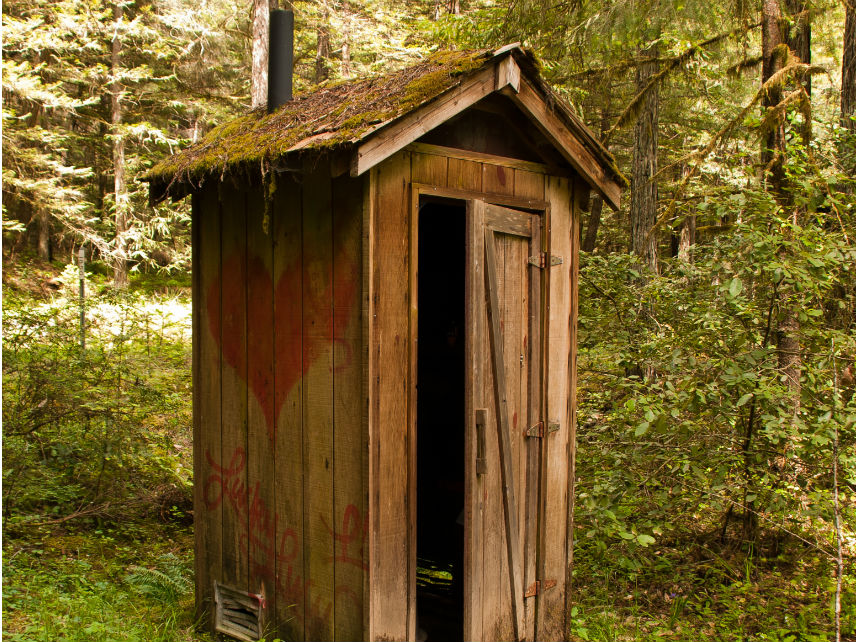A Pennsylvania Town Wants to Force an Amish Widow to Give Up Her Outhouse
A Pennsylvania town is trying to force an Amish widow to ignore her religious beliefs in the name of public utilities.

An Amish widow in Pennsylvania is at the center of a case pitting religious freedom against modern waste management.
Sugar Grove Township is attempting to force Iva H. Byler to pay monthly fines of $100 for refusing to hook up her home to the city's public sewer, as required by the state's Sewage Facilities Act. Byler currently uses an outhouse as her religious beliefs prevent her from using electricity, which would be required to connect to the public sewer. The town has argued that Byler has failed to satisfactorily show how a sewage connection would harm her religious liberties, and therefore must pay the fines.
In April 2017, a Warren County judge sided with Sugar Grove and ordered Byler to pay up. This decision was reversed on Friday by state Judge Patricia A. McCullough, who ruled that the state's religious freedom law protected Byler's right to maintain her unconnected outhouse.
In addition to Byler's religious freedom, McCullough also argued that Byler could not possibly pay the fines as she had no source of income and relied on support from her sons, who are carpenters.
The case is part of a larger fight between Sugar Grove Township and the Old Order Amish community. Earlier in the year, the Yoder family of Warren County was ordered to connect to the public sewer. The family, which is also Old Order, was forced to do so despite the need to use electricity and foot the cost in the process. Senior Staff Attorney Sara Rose of the American Civil Liberties Union said the decision "didn't consider the other ways that the government could have achieved its ends."
"What we have here is a situation, perhaps one of frustration, where the township has been unable to force the Old Order Amish to connect their homes to the sewer systems which requires an electric grinder pump," wrote Bernard Hessley, Byler's lawyer. Hessley said the Amish community was willing to move to another town or even to New York so that they could practice their religious beliefs.


Show Comments (138)